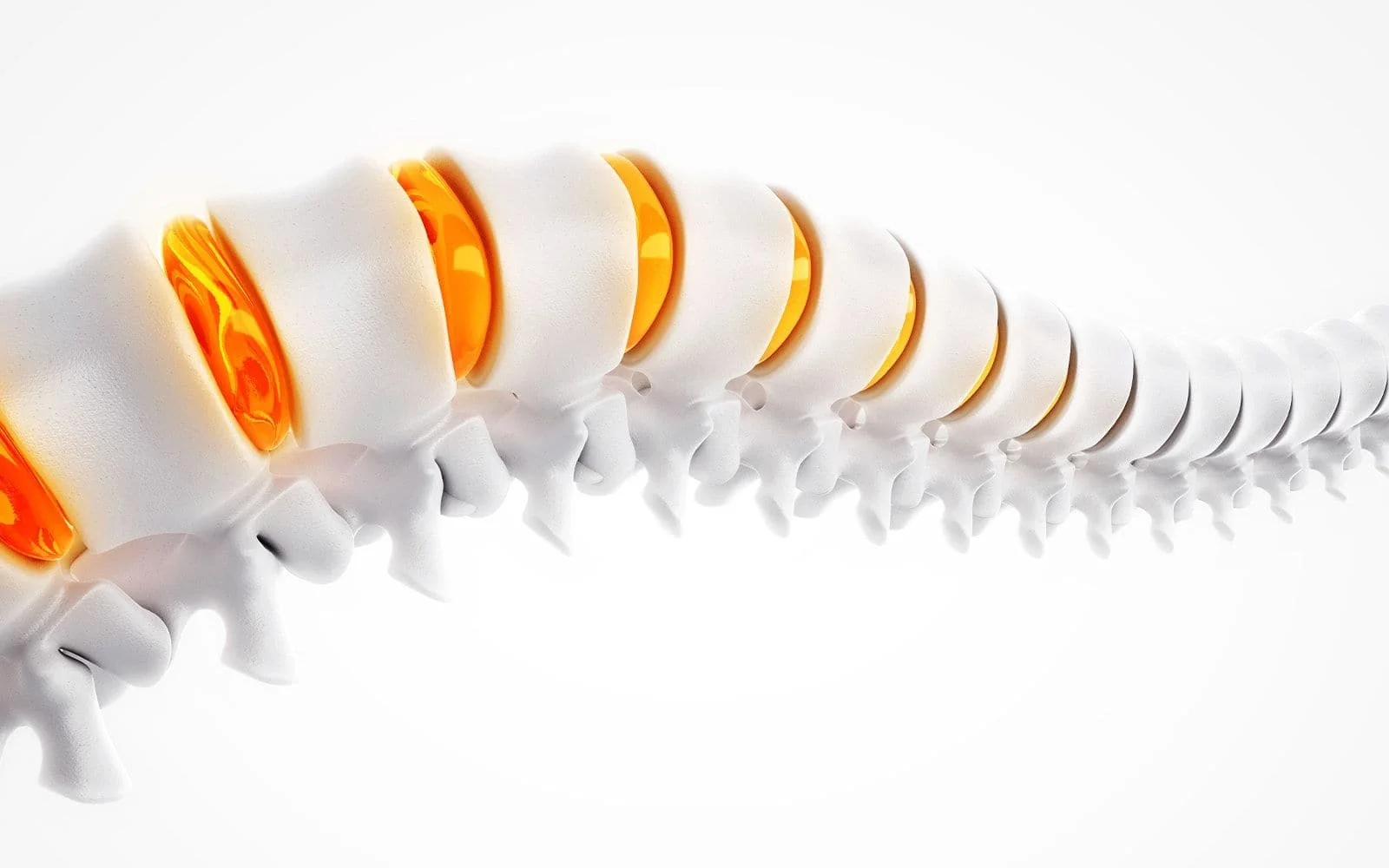
The above image is probably all too familiar with people this time of year. Yet, more people consider spring their favorite season over any other. But for millions, the accompanying sneezing, coughing, itchy eyes, and brain fog of seasonal allergies make spring a time to be dreaded rather than enjoyed. And this spring is predicted to be worse than usual. The long, cold winter and higher-than-average snowfall mean some plants are primed to produce more pollen, according to allergy specialists.
Besides the usual sneezing, coughing, and watery eyes, inhalant allergies can leave you with serious brain fog, inability to concentrate and focus, fatigue, irritability, and depression.
Typically, people with allergies seal up the house and try to stay indoors. Then they try one of the myriad over-the-counter antihistamines. Many are under their doctor’s care taking prescription medications or getting allergy shots. These can definitely take the joy out of this beautiful season.
But there are much better ways to cope with this annoying problem.
The Real Cause of Seasonal Allergies
Most people blame pollen or mold spores for their seasonal allergies, but these aren’t the real cause at all!
Allergy symptoms are caused by an overactive immune system. Your immune system produces substances known as antibodies that protect you from unwanted invaders that could make you sick or cause an infection.
When you have allergies, your immune system is producing antibodies in response to exposure to things like pollen, dust, or pet dander that it perceives as harmful, even though they aren’t.
It’s not the exposure to allergens that are the root cause of your allergies, it’s your body’s overreaction causing the cascade of allergic symptoms.

Allergy Relief Strategies
Here are a couple ways to tackle your seasonal allergies without drugs or medications. Take these steps to keep your allergies under control this season and prevent attacks in the future. You may even get permanent relief!
1.) Minimize Allergen Exposure
Minimizing exposure to allergens gives your immune system less to react to. Here are steps to take to reduce your contact with pollen:
- Close your windows on high pollen count days to prevent it from blowing inside in home. Keep your car windows up and use the AC when driving. If you’re in your car a lot consider getting an automobile air purifier. (Not to be confused with a car air filter which has nothing to do with passengers’ air quality!)
- Do outside activities like light gardening, walking, and other forms of outdoor exercise or chores when pollen levels are relatively low. Trees and weeds typically release pollen in the morning, while grasses release pollen both morning and night. Get someone else to do your heavy gardening chores like grass cutting, weed whacking, and leaf blowing. If you must do these activities, immediately take a shower, throw all clothes in the laundry, and wipe down your shoes when done.
- Make your bedroom an allergen-free zone. Giving your body eight hours in a “pure” environment can definitely lighten your allergic load. Get an air purifier just for the bedroom. Keep your bedroom scrupulously clean. Having hard surfaces — like hardwood floors instead of carpet, and vinyl blinds instead of curtains — can make this job easier. Avoid sleeping with pets who bring in pollen and distribute their dander in your bed. Don’t use chemical air fresheners, and certainly don’t smoke or let anyone else smoke in the bedroom.
Closing up your house can cause other problems, however. The level of air pollutants in the average home is 10x’s the level of pollutants outside. Dust, pollen, mold spores, tobacco smoke, and pet dander accumulate if your house is sealed shut. This can contribute to developing allergies all year long! If you close up your house, clean up your inside air with a good air purifier.
2.) Flush the Sinus Cavities
One weird way to minimize allergic response is to keep the inside of your nose clean with a saline nasal spray or a Neti Pot. These can help relieve stuffiness and congestion and they won’t lead to the rebound congestion that can follow from the use of nasal decongestants.
When your nasal passages are dry, mild nasal crusting may occur, and bacterial infections can develop under these crusts. Saline sprays clean the nasal passages of crusts and mucus and also help the natural cleaning system of your nasal passages flushing away pollen in the process.
Taking antihistamines contributes to this drying of your nasal passages. When the inside of your nose gets very dry, it can crack and develop microfissures, creating the perfect environment for infection and allowing pollen to directly enter your system. In extreme cases these fissures can lead to nosebleeds.
The saline solution may sting slightly. If you find it too uncomfortable, try using baking soda instead. Which is actually what I prefer.
3.) Boost Your Immune System
Last, but what I’d consider the biggest factor since allergies are fundamentally an immune system problem, for true and long-lasting relief you need to boost yours with regular consistent Chiropractic care. Regular visits to the Chiropractor boost the immune system, and in most cases, the symptoms of allergies never even become an issue.

